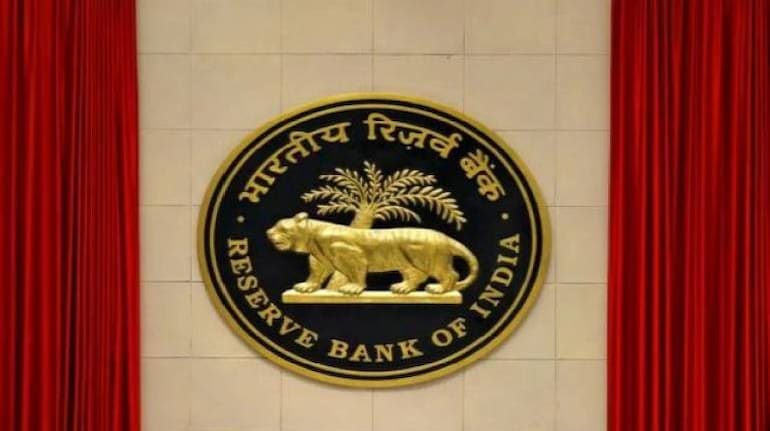



Reserve Bank of India (RBI) Deputy Governor MK Jain said banks and financial institutions should be ready to scale up their investments in technology in order to build capacity.
Further these entities must foster continuous innovation and collaborate to leverage technology and derive synergistic benefits to optimise costs, maximise revenues and enhance customer experience, the governor said, while addressing a function celebrating the Golden Jubilee of the National Institute for Banking Studies and Corporate Management (NIBSCOM) in Noida on December 2.
Technology is revolutionising the financial services industry and bringing about a paradigm shift in the delivery of banking services, Jain said. “With the entry of technology companies, banking services are being bundled onto platforms and delivered through mobiles,” Jain said.
“Consumers have the convenience of accessing financial products across the entire spectrum of banking, capital markets, insurance and pension as well as non-financial products directly through their mobile phones. Very often this results in a blurring of the regulatory perimeter and jurisdiction boundaries,” said the deputy governor.
Traditional banking branches are making way for digital transactions with the arrival of products such as mobile banking applications, retail electronic fund transfers, UPI, Aadhaar e-KYC, Bharat Bill Payment System, Scan & Pay, Digital Pre-paid Instruments, etc, the deputy governor said.
“While this technology revolution has certainly enhanced the efficiency of financial entities and resulted in significant improvement in doing business with banks, it has also posed new challenges. Several concerns emanate from the mushrooming of unregulated digital lending apps, cyrptocurrencies, cyberattacks, etc,” he said.
He also touched upon various problems besetting the industry in the last decade, such as rising non-performing asset (NPA) levels, the IL&FS default of 2018, as well as a spate of problematic episodes such as DHFL, Punjab & Maharashtra Co-operative Bank, Yes Bank, Lakshmi Vilas Bank and ultimately the Covid-19 pandemic.
RBI steps
During the covid period, the central bank has implemented a slew of measures, both conventional and unconventional, to address pandemic-induced dislocations and constraints.
Some conventional measures include a significant reduction in the policy repo rate. Further, system-level liquidity was also enhanced through large-scale open market purchase operations and a one-percentage-point reduction in the cash reserve ratio.
Unconventional measures such as long-term repo operations (LTRO), targeted long-term repo operations (LTRO) and special open market operations (Operation Twist) were also conducted to support growth.
Discover the latest Business News, Sensex, and Nifty updates. Obtain Personal Finance insights, tax queries, and expert opinions on Moneycontrol or download the Moneycontrol App to stay updated!
Find the best of Al News in one place, specially curated for you every weekend.
Stay on top of the latest tech trends and biggest startup news.